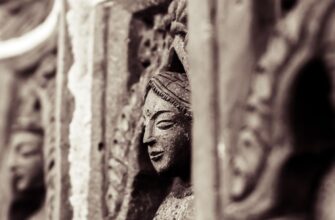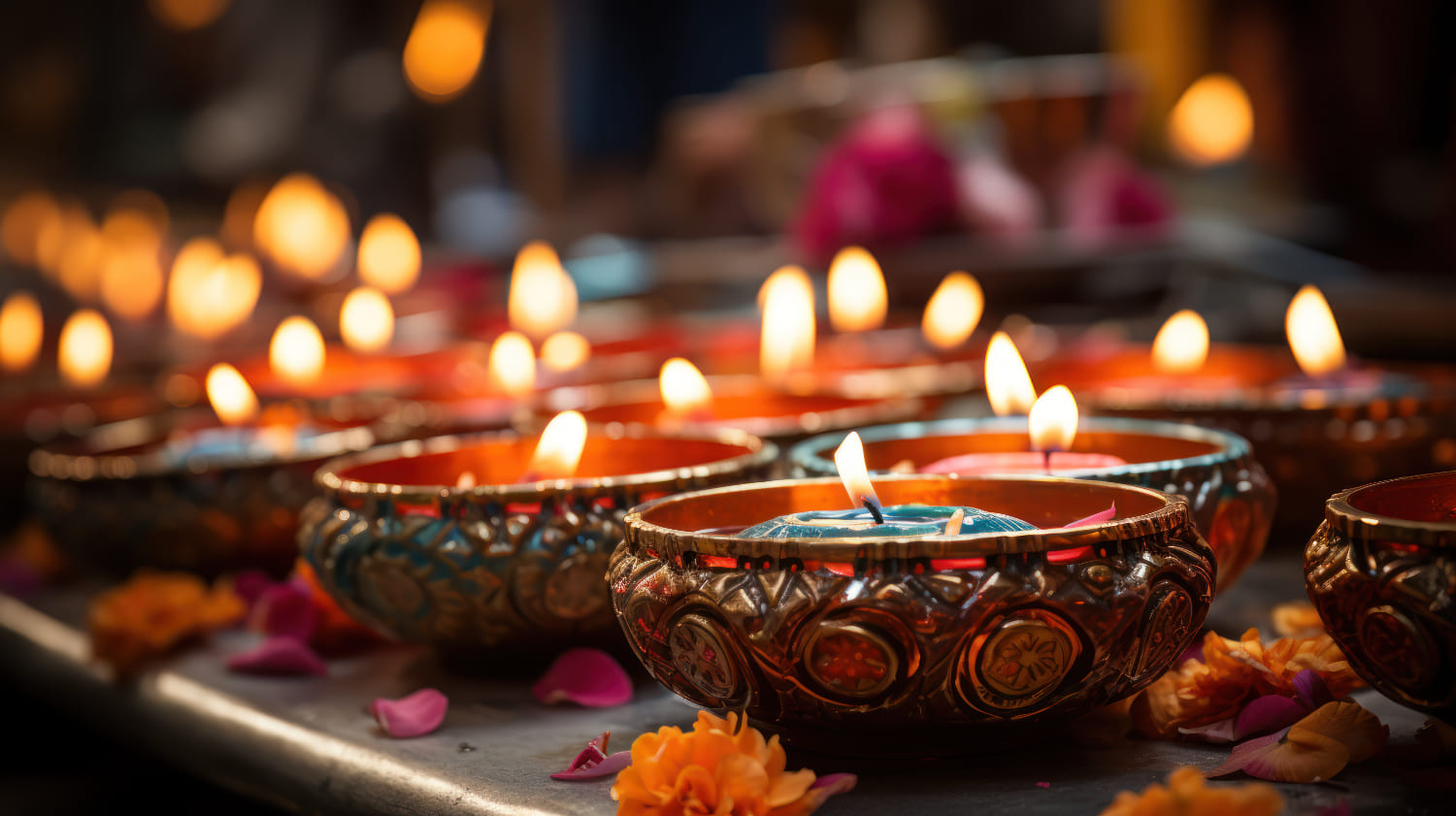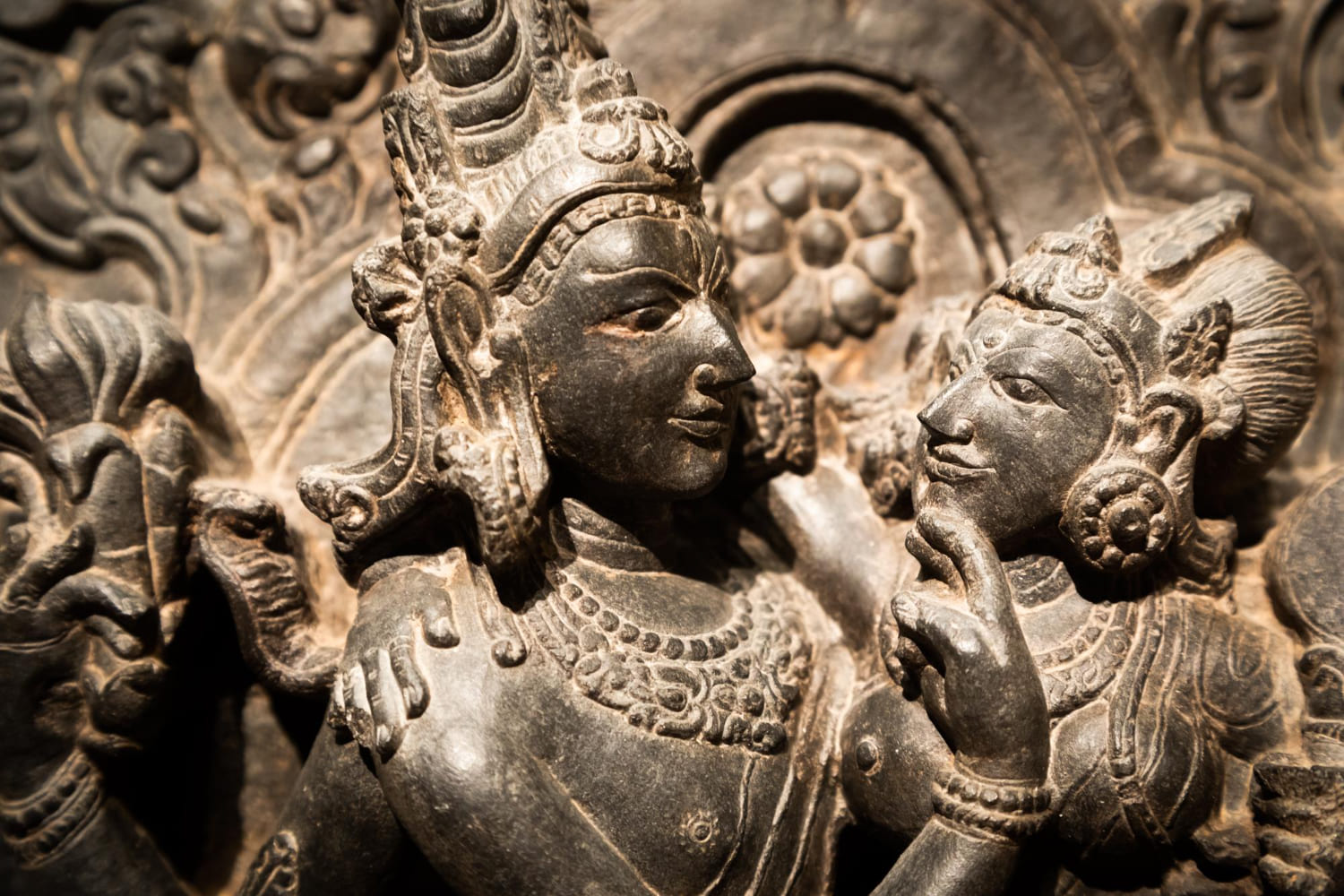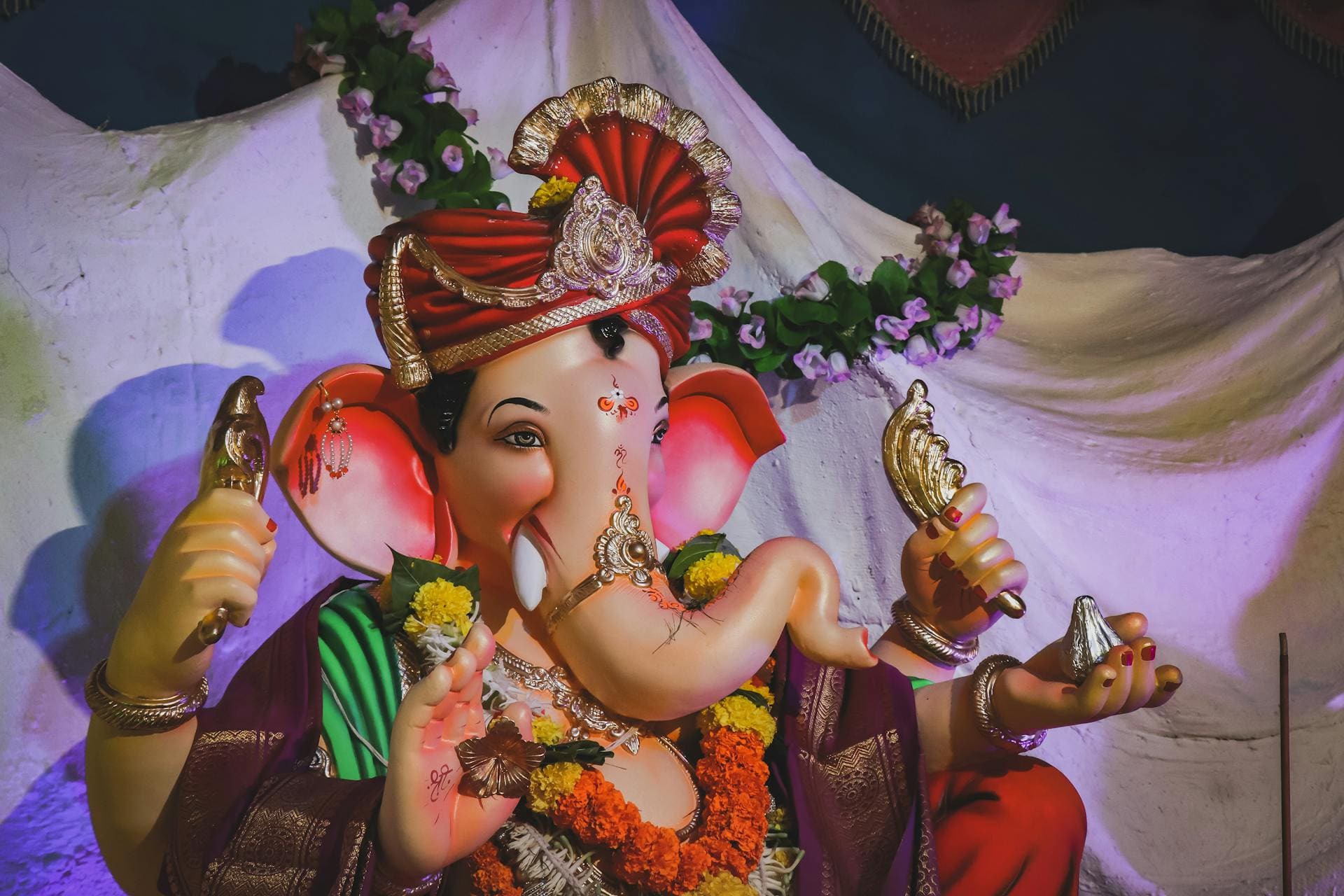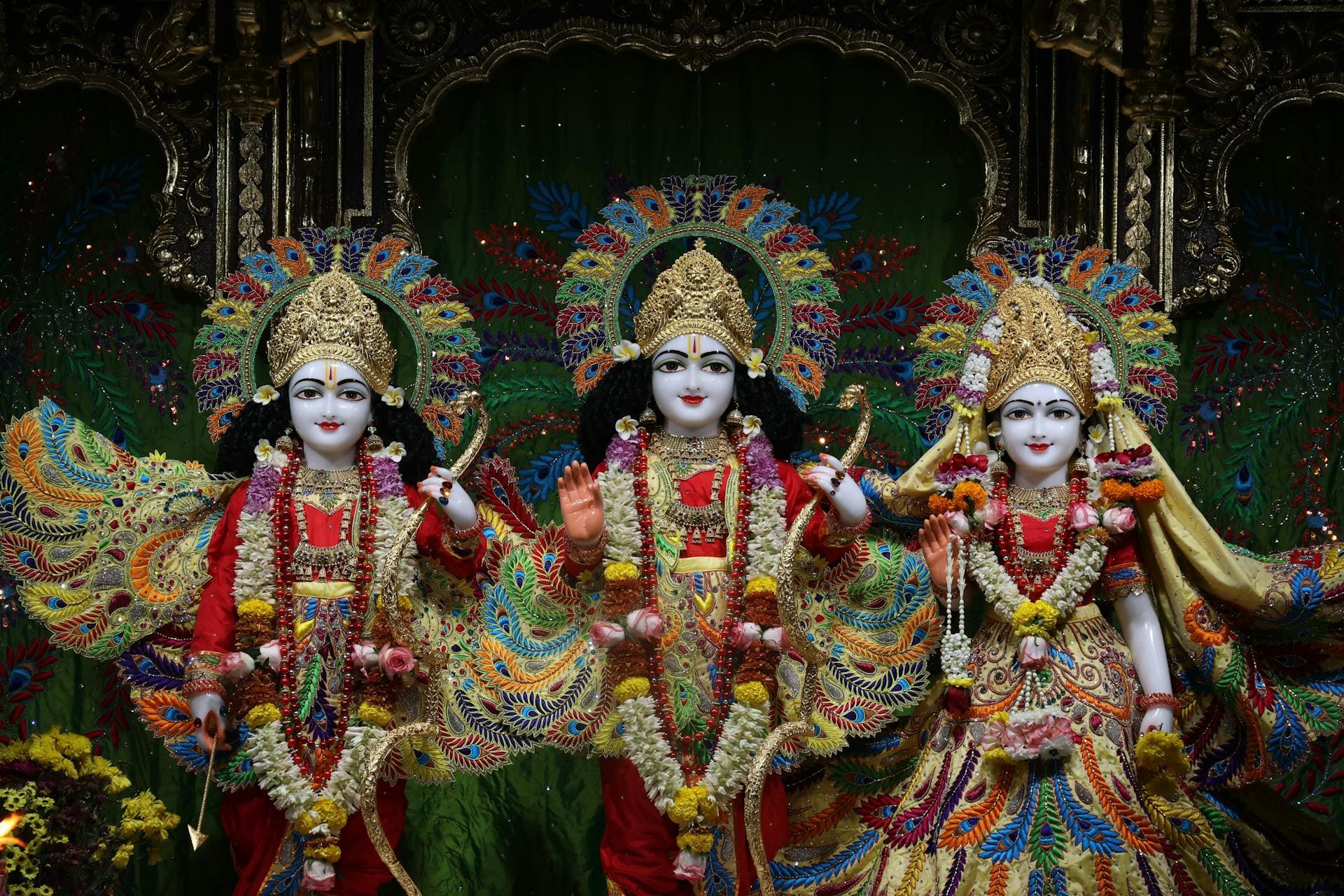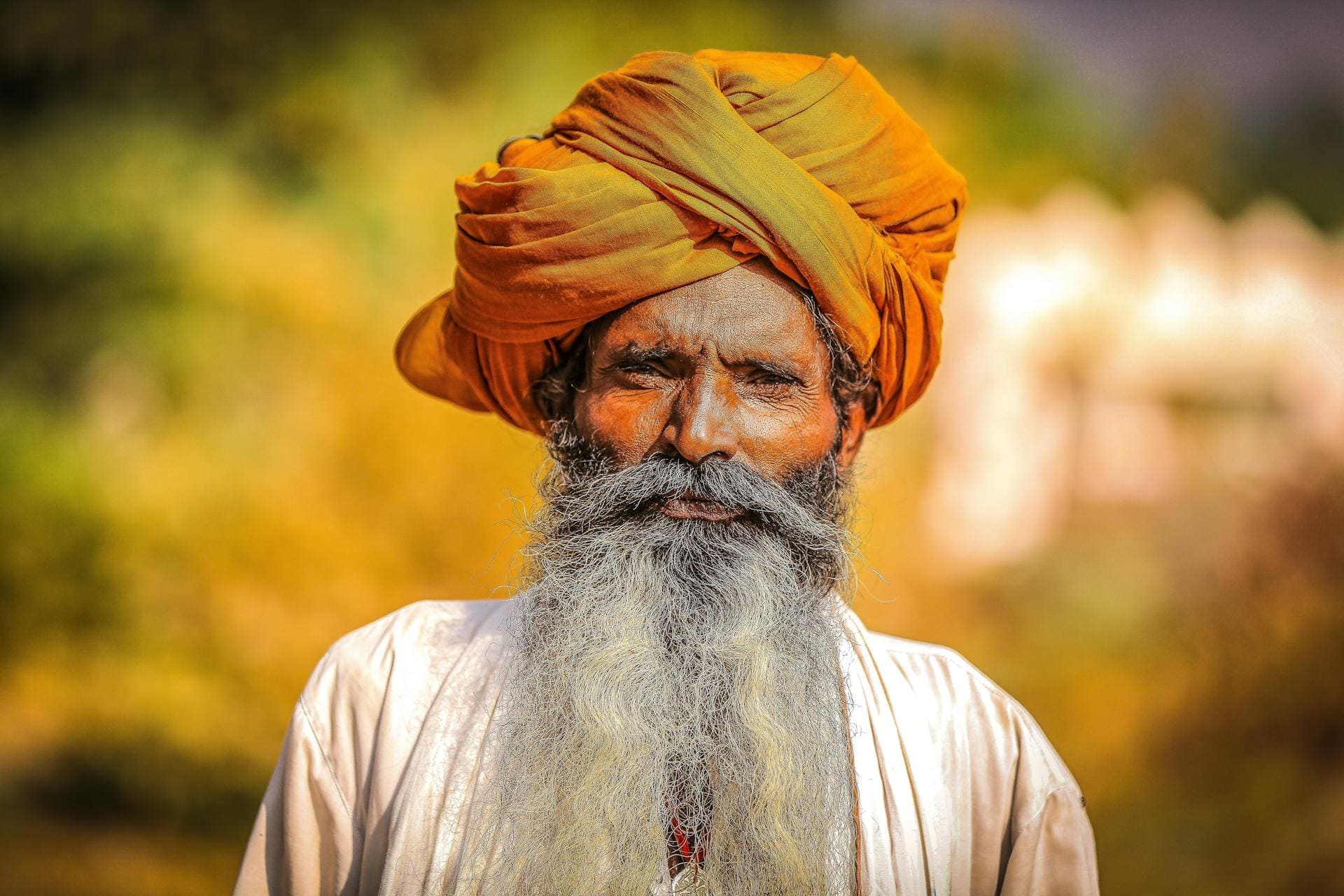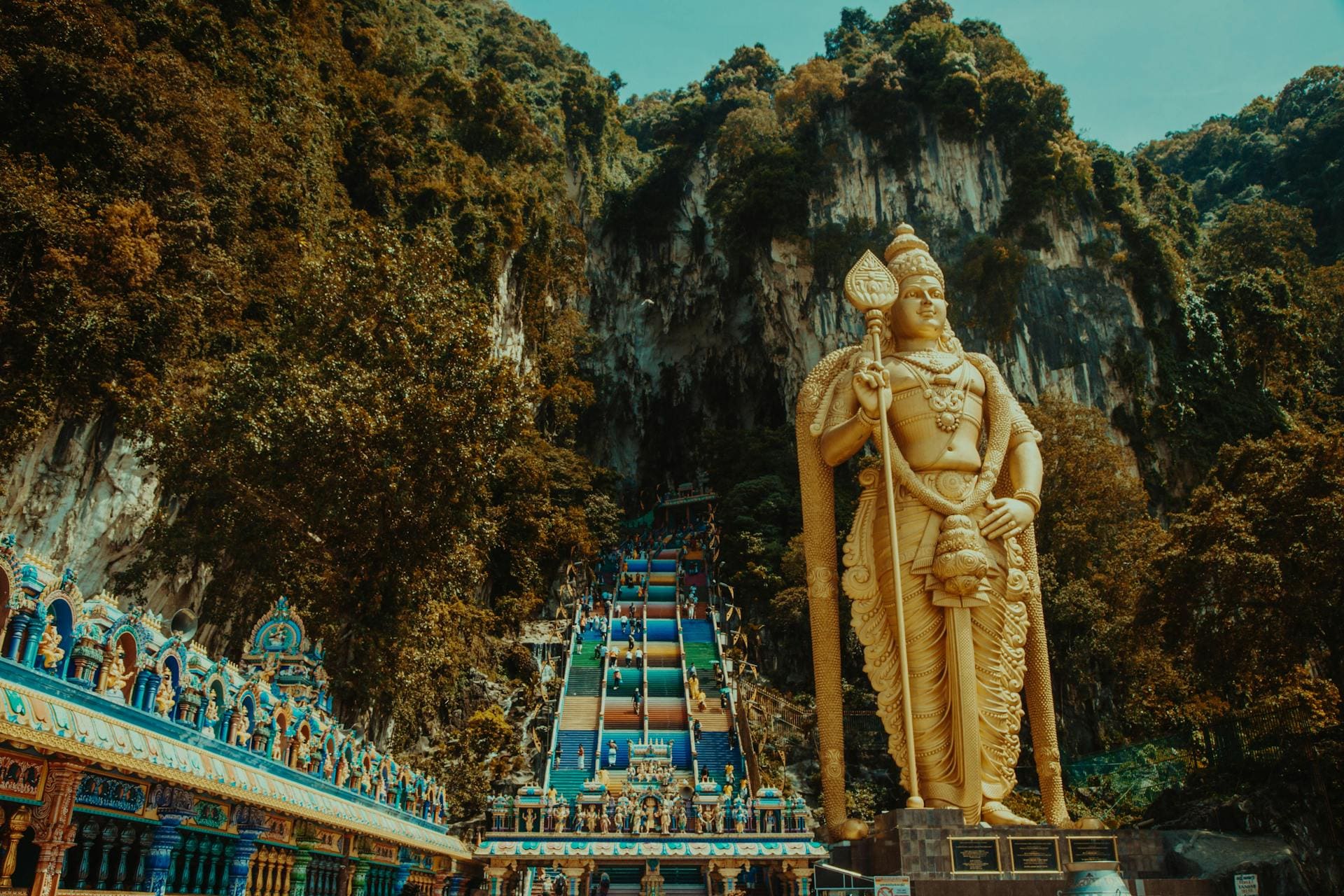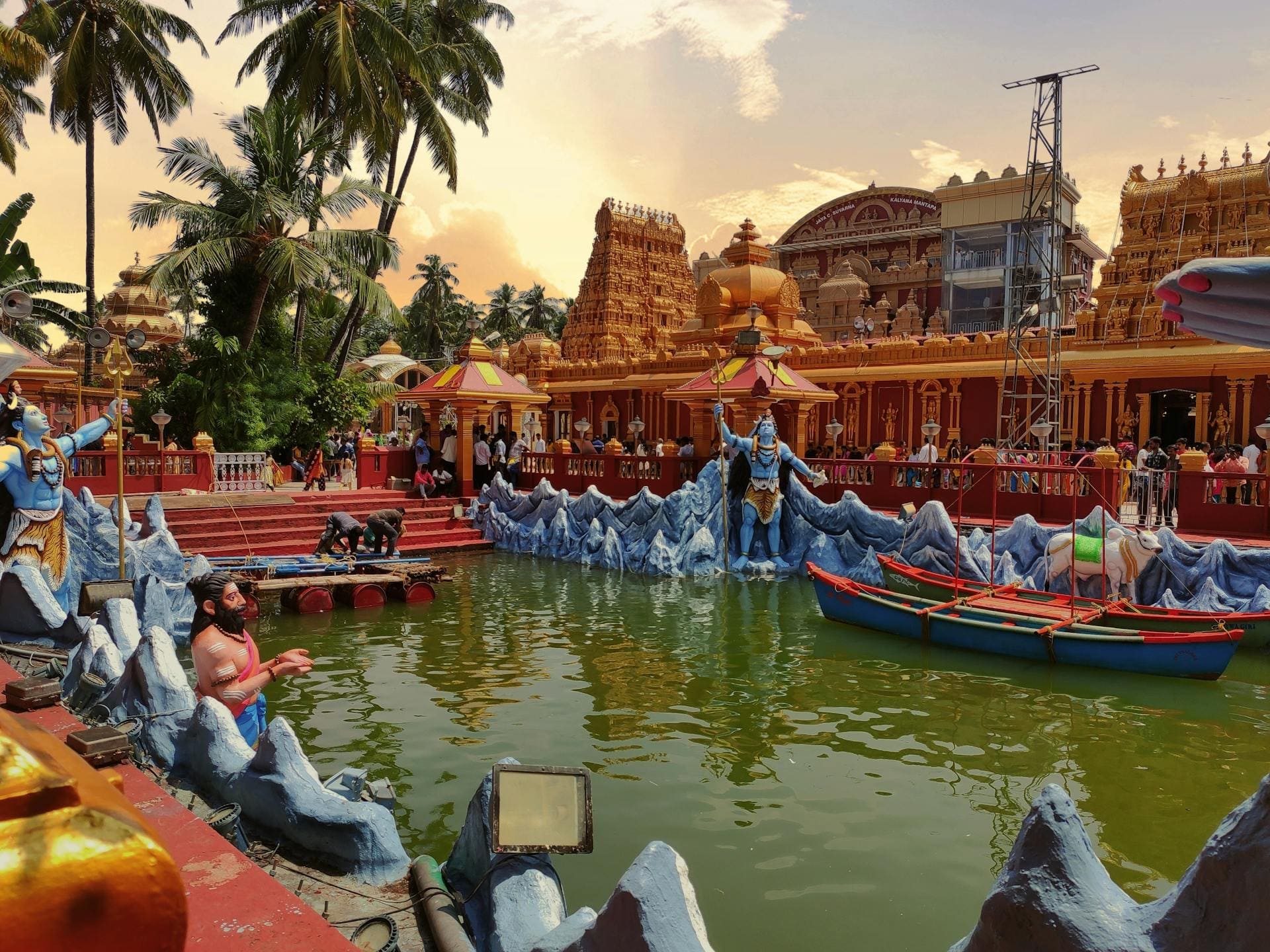People costume up as ghosts on Halloween, a famous holiday in America, on October 31st to frighten away spirits that come to earth.
Its origins may be traced to a long-ago Celtic celebration that celebrated this day as the point at which the worlds of the living and the dead are most closely connected—it falls on the border between autumn and winter.
Yes, Hindus are allowed to celebrate Halloween. There is no direct Hindu counterpart to Halloween. However, various rituals are undertaken to acknowledge the presence of ghosts and attempt to drive them away.
Let’s learn what beliefs Hindus have about ghosts, the gods they associate with spirits, and some of the rituals Hindus use to keep away ghosts.
Hindu Beliefs in Ghosts
Hindus honor their ancestors (pitrs) during the fortnight known as Pitr Paksha, which falls between the celebrations of Ganesha (Ganesha Chaturdashi) and Durga (Navaratri).
To please all the deceased, who hang upside down like bats in Yama-loka while they wait to resurrect, sarva-pitri-shraadh is performed.
To guarantee the dead’s reincarnation, the living promise to them during rites that they will bear them offspring. Some pitrs, however, are unsatisfied by the sacrifice, and as a result, they become pretas, or ghosts.
Ghosts come in various varieties, including bhoot, preta, pisacha, and vetals. Those who lived unfinished lives choose to remain in the world of the living rather than travel to the hereafter.
Those who led entire lives but had their burial ceremonies improperly conducted remain imprisoned in the world of the living.
Because of their sins, certain people are condemned never to find rest in death and torment the living.
These are the perceptions of ghosts that one might glean from numerous folktales and the Garuda Purana, a detailed study of funeral rites.
Several hymns in the Rig Veda, particularly in the Atharva Veda, are dedicated to gods like Indra, Agni, and Soma, who are called upon to defeat dreadful monsters that arise from the shadows.
This suggests a knowledge of evil spirits and ghosts.
According to the Bhagavat Puran, Brahma created ghosts because he was lazy, called bhuta-pisachas. They had loose hair and were nude.
Hindu Gods of Ghosts
Ghosts have ties to many deities and are called upon to chase the spirits off. The most well-known of them is the skeletal Chamunda, who resides in crematoriums, wears a headdress made of the heads and appendages of men, and rides ghosts (preta).
She strongly resembles the untamed Kotravai of the cremation described in traditional Tamil literature.
Additionally, they are called upon by sorcerers who want to subjugate the pretas and make them strong slaves.
The Vikramaditya and the Vetala tale is the most well-known example of such a procedure.
A Vetal Deul near the state capital of Bhubaneshwar in Odisha, where Tantra was commonly accepted in the Middle Ages, is connected to exorcism and spirits.
Tales of yakshis who captivate young men and gandharvas who captivate young ladies and either murder them or make them insane are told in Kerala.
To be free of the spirits, afflicted people travel to the Chottanikkara Bhagavathy temple, and ghosts are exorcized and sent to the afterlife in this temple.
In the Balaji Hanuman temple in Mehndipur, Rajasthan, where there is a shrine devoted to Pret-raj, ruler of ghosts, a manifestation of Yama, similar ceremonies are carried out.
Others summoned to drive away spirits include the Varanasi deity Kal Bhairav Kotwal.
Hindu Rituals to Keep Away Ghosts
Slippers are traditionally hung on entranceways to scare spirits away. In several traditional rituals, lemon, chili, and rock salt are used to nourish them and keep them out, while coal and iron are used to scare them away.
In essence, ghosts are thought to be manifestations of evil and negative energy, such as the resentment and anger of others (alive or dead) that can leave us open to illnesses and bad fortune.
Final Thoughts
A belief in ghosts recognizes the presence of many invisible forces—both beneficial and harmful—all around us.
Originally, spirituality meant having confidence in these invisible entities, known as spirits and ghosts.
There is no apparent Hindu equivalent to Halloween, despite the existence of ghosts and gods who are connected to spirits.
The presence of ghosts is acknowledged, though, and numerous rituals are performed to frighten them away.
